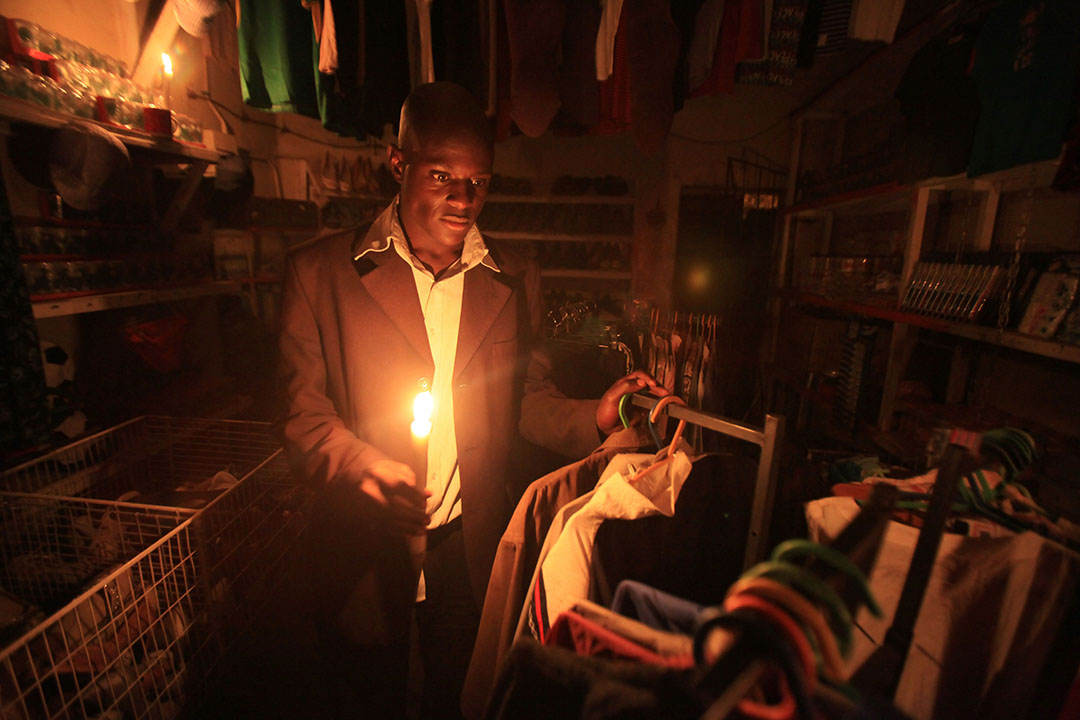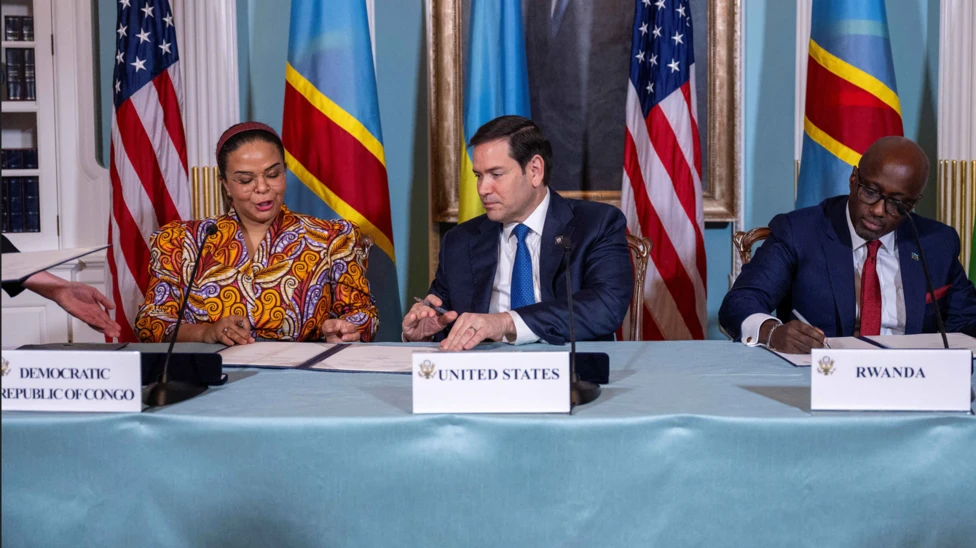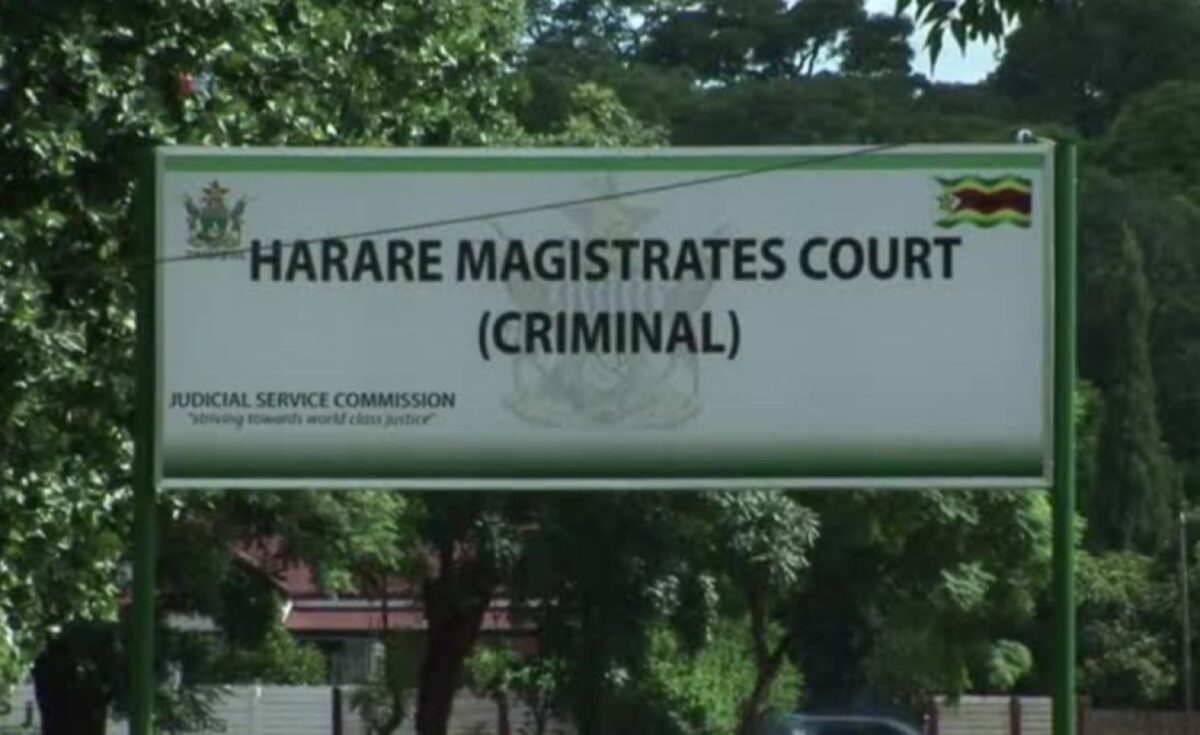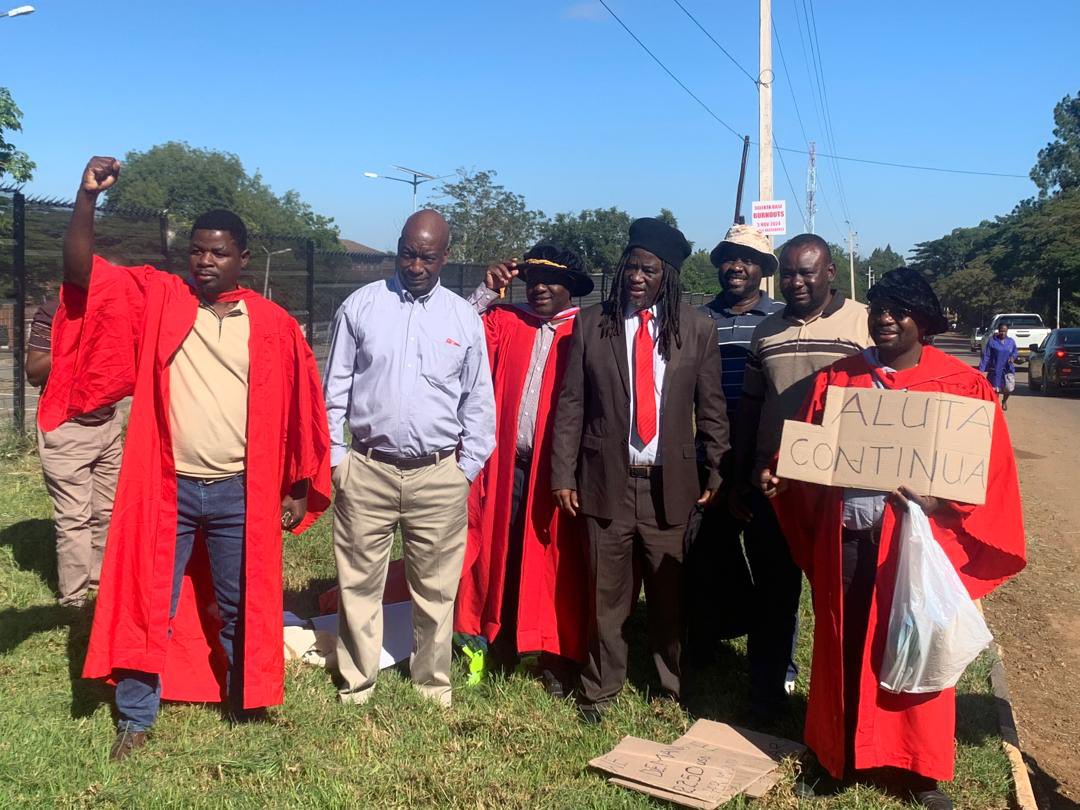HARARE – Zimbabwe hiked its average electricity tariff by 320 percent on Wednesday to ramp up power supplies at a time of daily blackouts, but the move will anger consumers already grappling with soaring inflation that is eroding their earnings
The country is experiencing its worst economic crisis in a decade, seen in triple-digit inflation, 18-hour power cuts and shortages of U.S. dollars, medicines and fuel that have evoked the dark days of the 2008 hyperinflation.
The second increase in the price of electricity inside three months follows sharp rises in fuel and basic goods prices in the last week. But salaries have not kept pace, prompting citizens to blame President Emmerson Mnangagwa’s policies for the crisis.
The Zimbabwe Energy Regulatory Authority (ZERA) said it had approved an application by Zimbabwe Electricity Transmission and Distribution Company (ZETDC), a subsidiary of power utility ZESA, to raise the tariff to 162.16 cents (10.61 U.S. cents) from 38.61 cents.
ZERA said the tariff hike was necessary after inflation soared – the IMF says it was about 300 percent in August – and due to a plummeting Zimbabwe dollar currency, which was re-introduced in June.
The currency has since then lost 58.61 percent of its value against the U.S. dollar on the official market and more on a thriving black market.
Consumers seem set for more increases after the energy regulator said starting November, the power utility would index its tariff to the U.S. dollar to enable it “to recover from inflation and exchange rate changes.”
The new tariff would allow ZETDC to raise money to repair its generators, as well as pay for imports from South Africa’s Eskom and Mozambique which cost US$19.5 million every month, the regulator said.
Hopes that Zimbabwe’s economy would quickly rebound under Mnangagwa, who took over after the late Robert Mugabe was deposed in a coup in November 2017, have faded fast as ordinary people grapple with soaring inflation which has eroded earnings and savings.
On Monday, treasury data showed the economy was worse off than initially thought as it is projected to contract by up to 6 percent this year due to the power cuts that have hit mines, industry and homes and an El Nino induced drought that has left the country needing to import food.
Mnangagwa, who critics accuse of lacking commitment to political reforms and using his predecessor’s heavy-handed tactics to stifle dissent, has pleaded for time and patience to bring the economy back from the “dead.” – Reuters
















